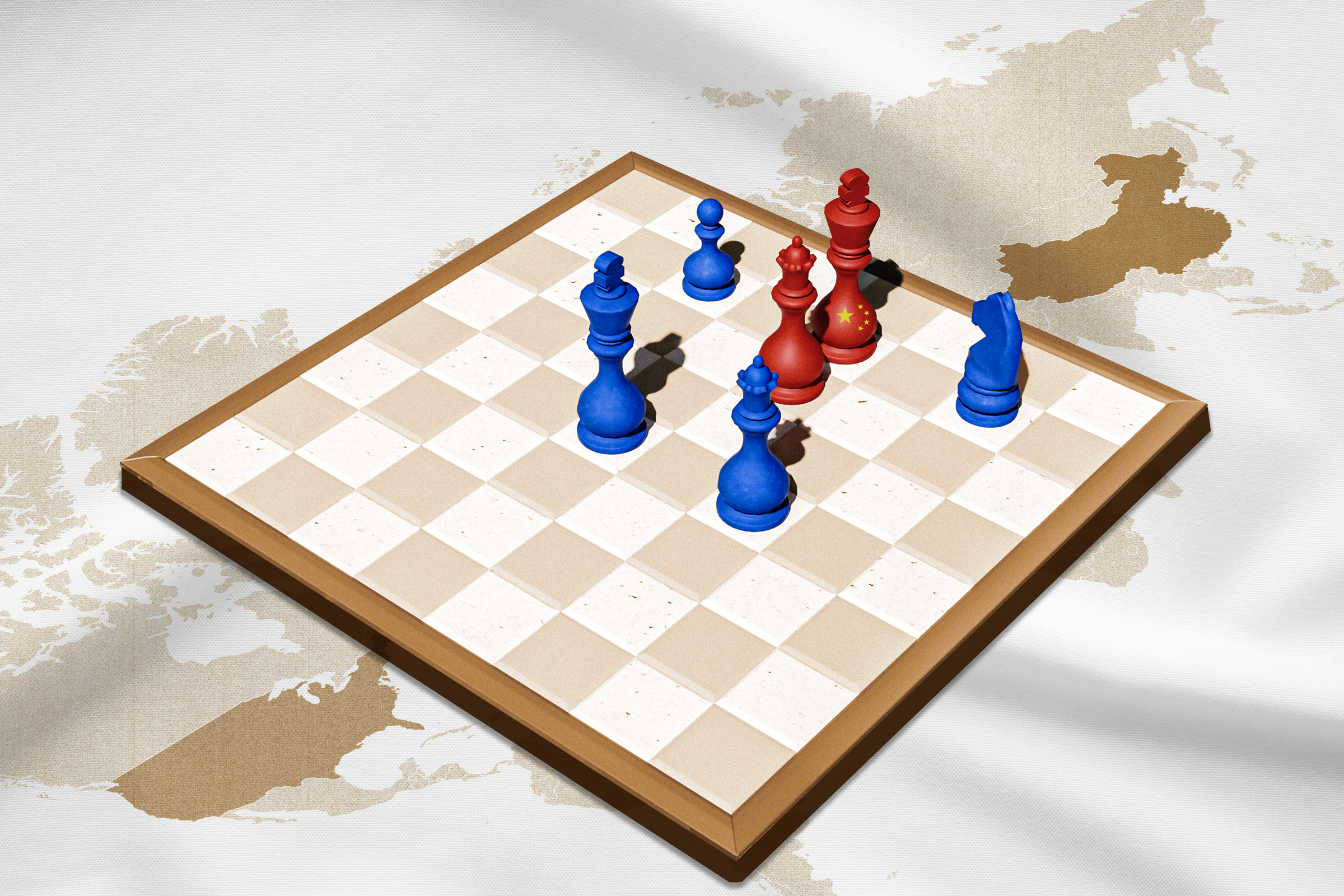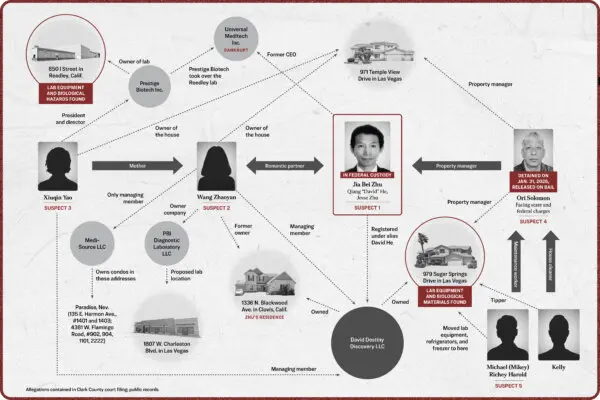President Donald Trump has adopted a hardline approach to China policy in the first three months of his second term, diverging from his predecessor’s and even his own first-term policies.
Trump’s first term marked a significant shift from the decades-long U.S.–China policy, which had sought economic cooperation with Beijing in the hope of creating conditions for political reforms in the communist country.










